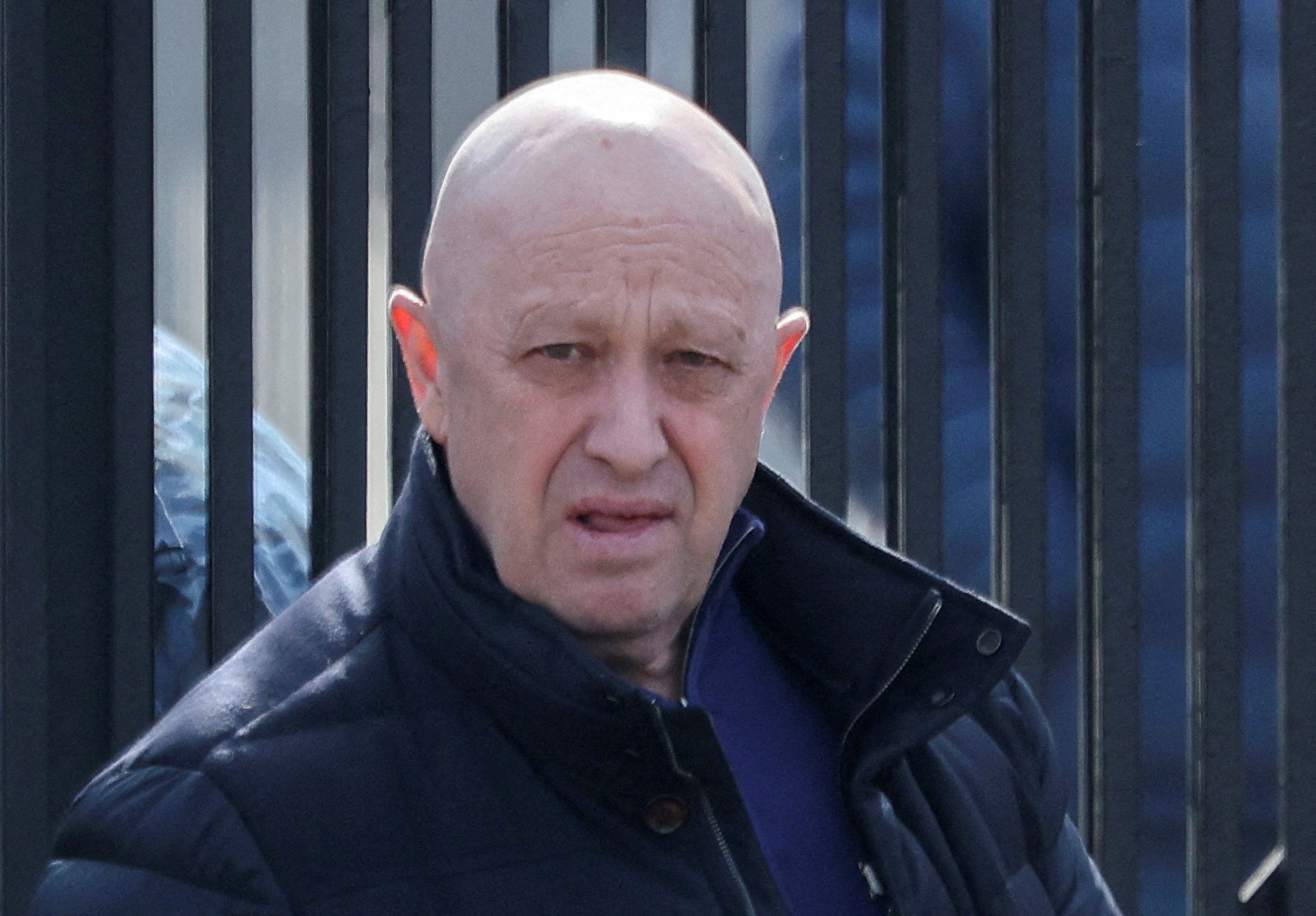A new poll by the independent Levada Center in Moscow shows support for the warlord plummeted in the days after his failed putsch last weekend.
On June 23, before Yevgeny Prigozhin marched on Moscow, 58% of Russians “approved” of his activities, due in no small part to the publicity that the Kremlin had lavished on him for more than a year: A warrior for the fatherland. A hard-boiled patriot. A man of the people.
But it took just five days of pummeling by Vladimir Putin and the state propaganda machine to clip that number in half – to 28%. He is now a traitor. A thief. An ingrate.
Why work so hard to besmirch Prigozhin? Can’t Putin just … eliminate him? Putin may indeed have grave plans for his old chef. But he has to tread carefully.
Prigozhin’s message – that incompetent, corrupt generals in Moscow have bungled the war, abused the valor of their men, and weakened Russia – is powerful and hard to deny. Members of the security services and army may find it particularly appealing. Consider that even after his mutiny, more than a quarter of Russians still support him.
That makes it risky for Putin to deal with him too harshly too quickly. Aside from the matter of how to roll up thousands of heavily armed Wagnerites (an issue my colleague Willis addressed here), Putin will also want to avoid turning the darkly charismatic Prigozhin into a “martyr,” as the Institute for the Study of War put it.
In other words, it will be necessary to assassinate Prigozhin’s character before doing away with the man himself. The bigger problem for Putin, however, is that removing any one particular “traitor” won’t address the deeper issues of incompetence and rot that have undermined his war and, potentially, his regime.
If you read Russian and want to see the Levada poll, it’s here. If you’re wondering whether polling in Russia is useful at all, see our interview with Levada research director Lev Gudkov here.